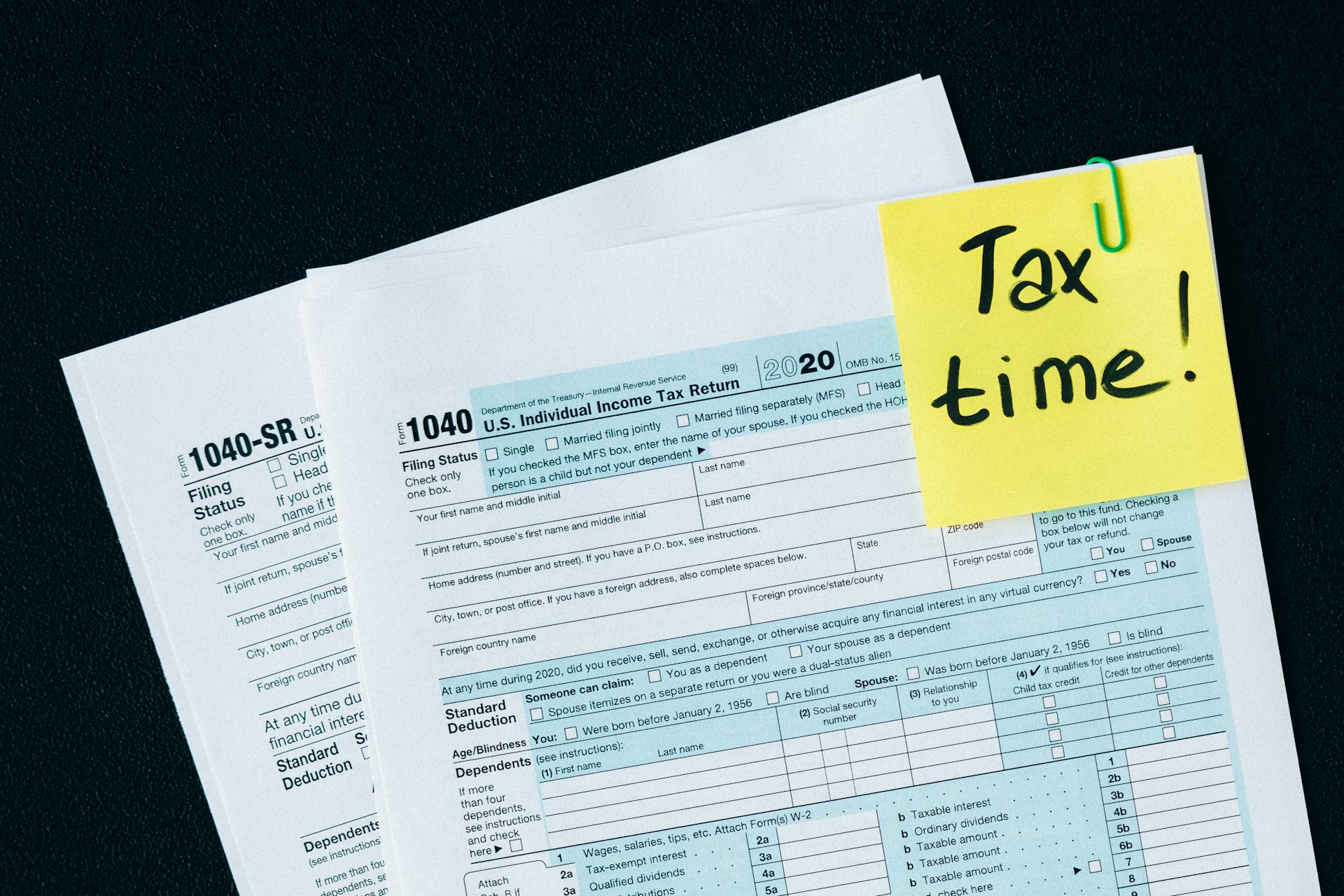No, child support is not taxable in California. It is considered tax-neutral by the IRS and does not need to be reported as income by the recipient or deducted by the payer.
Despite being non taxable, child support has financial implications for both the recipient and the payer.
This article explains how child support impacts both parties involved and how to ensure compliance with the IRS. Whether you are a recipient or payer, understanding these nuances can have significant benefits.
The Taxation of Child Support in California

Neutral Tax Treatment of child support payments
Child support in California has a neutral tax treatment and is not a taxable income. Child support payments cannot be claimed as deductions on federal or state tax returns. This ensures that child support remains solely for the benefit of the children and does not affect the tax liability of the parents.
The intention behind this neutral treatment is to prioritize the well-being and financial stability of the children involved.
Handling Divorced or Separated Parents Taxes
There are several IRS tax considerations for separated and divorced parents like the “Earned Income Tax Credit”. The first question is determining who claims the child as a dependent for tax purposes. The IRS has specific rules regarding this matter, and it usually depends on the custody arrangement and support provided by each parent.
However, while child support itself may not be taxable or deductible, other financial aspects of the separation or divorce might have tax implications. For example, alimony (also known as spousal support payments) may be taxable or deductible depending on when your divorce or separation agreement was executed.
Strategies to Minimize Taxes for Both Parents

Minimize Taxes for the Non-Custodial Parent
Structuring payments or using certain deductions allowed by the IRS can help you minimize your taxes. For example, if you are paying both child support and spousal support, you may want to allocate more funds towards child support since it is not taxable for the recipient. By doing so, you reduce your taxes while still providing financial assistance for your children.
Minimize Taxes for the Custodial Parent
Claiming a child as a dependent provides various tax benefits, like credits and deductions that can significantly reduce the overall tax liability.
Please note that claiming a child who does not meet the eligibility criteria can lead to dual claims and potential legal issues. The consequences of dual claims for a child can result in IRS audits and penalties.
Let’s take a closer look at some of these tax benefits:
-
Dependent Exemption: When claiming a child as a dependent, custodial parents may qualify for an exemption on their federal income taxes. This exemption directly reduces their taxable income.
-
Child Tax Credit: The Child Tax Credit is another significant benefit available to custodial parents who claim their children as dependents. This credit allows eligible parents to deduct up to $2,000 per qualifying child on their federal income taxes.
-
Earned Income Tax Credit (EITC): The EITC is specifically designed to assist low-income working individuals or families with children. It provides additional family support by reducing your tax obligations or even resulting in a refund on your tax return.
-
Education Credits: If you’re paying for your child’s education expenses, such as tuition fees or educational supplies, you may be eligible for education-related tax credits. These credits, such as the American Opportunity Credit or the Lifetime Learning Credit, can help offset the costs of higher education.
By taking advantage of these tax benefits and credits, custodial parents can alleviate their financial burden and make important investments in their child’s future.
Tax Credits and Deductions Related to Child Support

By understanding the following tax credits offered by the internal revenue service, parents can potentially offset some of their tax liabilities and reduce their overall burden.
-
Child Tax Credit: It provides financial assistance by reducing overall tax liability.
-
Dependent Care Expenses: It includes childcare costs that are necessary for parents to work or attend school. The good news is that these expenses may qualify for certain tax credits or deductions.
-
Available Tax Credits for the Paying Party: Child support payments may open up opportunities for certain tax credits to the paying parent.
-
Other Expenses: Certain expenses related to dependent care may qualify for tax credits or deductions. Parents who incur childcare costs while fulfilling their work or educational responsibilities may be eligible for these benefits. Such deductions and credits can significantly reduce their tax burden and result in substantial savings during tax season.
Conclusion
In a California divorce, child support is not taxable for the recipient and not deductible for the payer. However, other aspects of divorce, such as spousal support and claiming dependents, can have tax implications.
If you are facing a divorce or separation in California, it is advisable to seek legal and financial advice to fully comprehend the implications of child support and other related matters. Our child support lawyers at Ducan Family Law can help you can make informed decisions that protect your interests and those of your children. Remember, every situation is unique, and professional guidance can provide clarity and peace of mind during this challenging time.
Frequently Asked Questions
Are spousal support and child support treated differently for tax purposes in California?
Yes, spousal support (also known as alimony) and child support are treated differently for tax purposes in California. While spousal support is generally non-taxable for the recipient and tax-deductible for the payer, child support has no tax implications.
Can I claim my child as a dependent on my taxes if I pay child support in California?
Yes, you may still be able to claim your child as a dependent on your taxes even if you pay child support. The custodial parent usually claims the dependency exemption, but there are certain circumstances where the non-custodial parent can claim it with an agreement or court order.
What financial implications should I consider during divorce proceedings in California?
During divorce proceedings in California, it’s important to consider various financial implications such as property division, asset distribution, debt allocation, spousal support, child custody arrangements, and potential tax consequences. Seeking professional advice can help navigate these complexities effectively.






